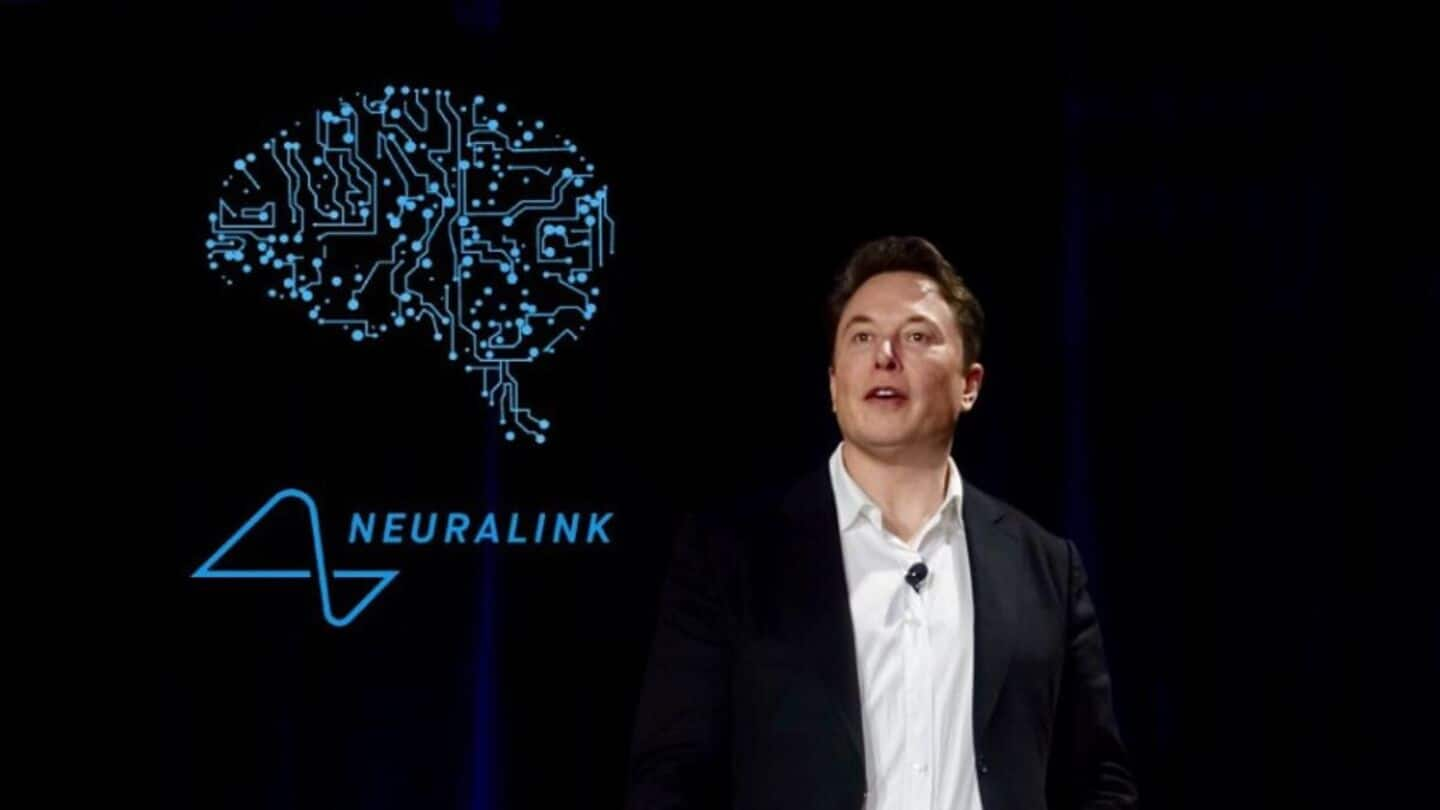
Musk's Neuralink to raise $500M at a whopping $8.5B valuation
What's the story
Elon Musk's brain implant company Neuralink is reportedly looking to raise about $500 million at a pre-money valuation of $8.5 billion.
The company has started early talks with potential investors for the round, according to Bloomberg.
However, the terms of this round are still being negotiated and have not been finalized yet.
Growth trajectory
Neuralink's journey from $5B valuation to clinical trials
Neuralink's journey has been nothing short of remarkable. In 2023, the company was valued at an estimated $5 billion on the basis of private stock trades.
It had previously raised $280 million in a funding round led by Peter Thiel's Founders Fund.
The company's innovative device for spinal cord injury patients has enabled the first patient, Noland Arbaugh, to play video games, browse online, post on social media, and control his laptop cursor using just his thoughts.
Regulatory hurdles
FDA's initial rejection and subsequent approval for Neuralink
The Food and Drug Administration (FDA) had initially denied Neuralink's request to start clinical trials over safety concerns, Reuters reported in 2023.
However, the agency has now approved these trials, which are underway. The company has implanted its brain chip in multiple patients so far.
This marks a major milestone in Neuralink's quest to bring its revolutionary brain implant technology to market.
Future prospects
Musk envisions Neuralink's chip for various medical conditions
Musk has high hopes for Neuralink's chip, seeing it as a solution for both healthy and disabled people.
He imagines the device being used at local facilities for quick surgical insertions to treat conditions like obesity, autism, depression, and schizophrenia.
Musk even sees potential applications of these chips in web surfing and telepathy.
Industry competition
FDA's interest in Neuralink amid rival developments
In February, Reuters reported that the FDA was reaching out to some of its recently laid-off scientists, including those reviewing Neuralink's device, about returning to their positions.
The move shows continued interest in Neuralink's groundbreaking work.
Meanwhile, Synchron Inc., a competitor to Neuralink, is also conducting tests on an implant designed to assist individuals with motor impairments in typing on computers.